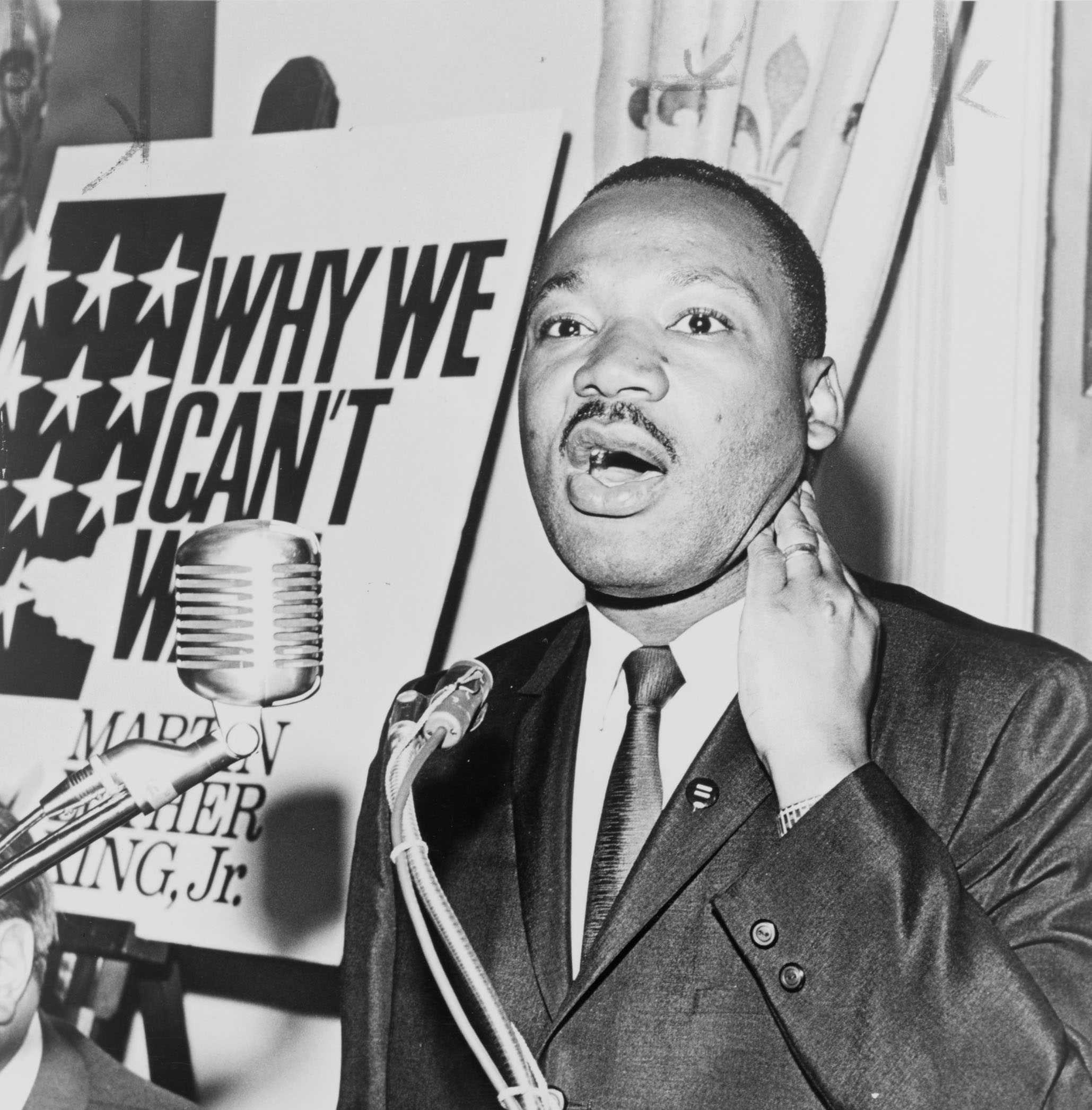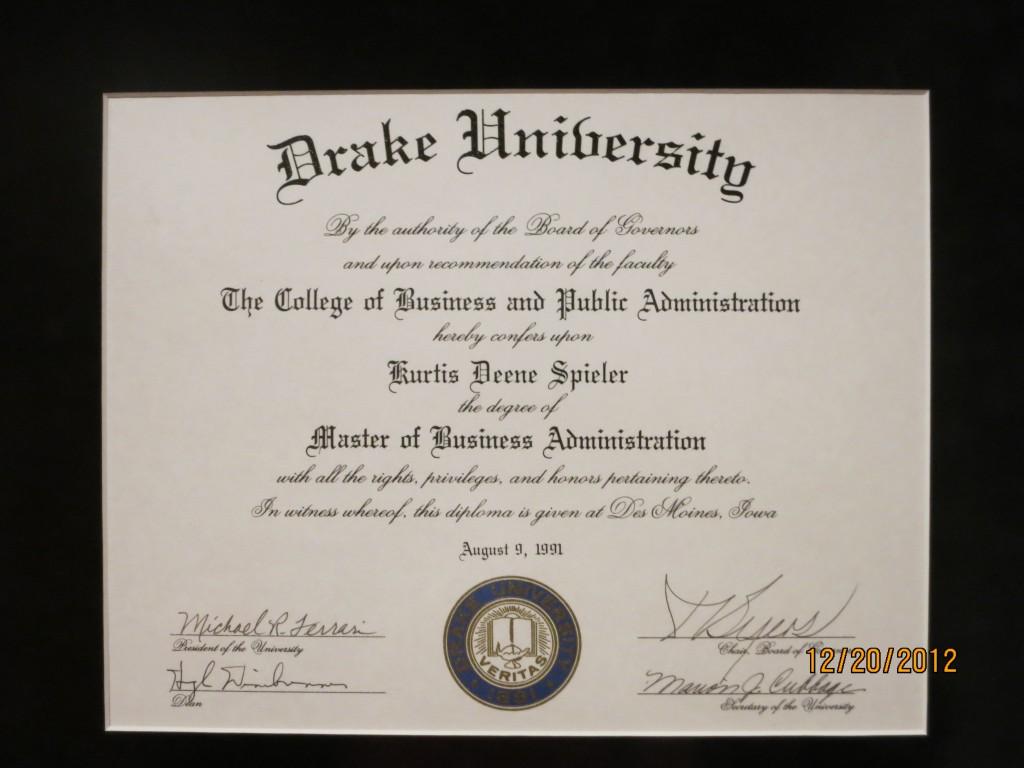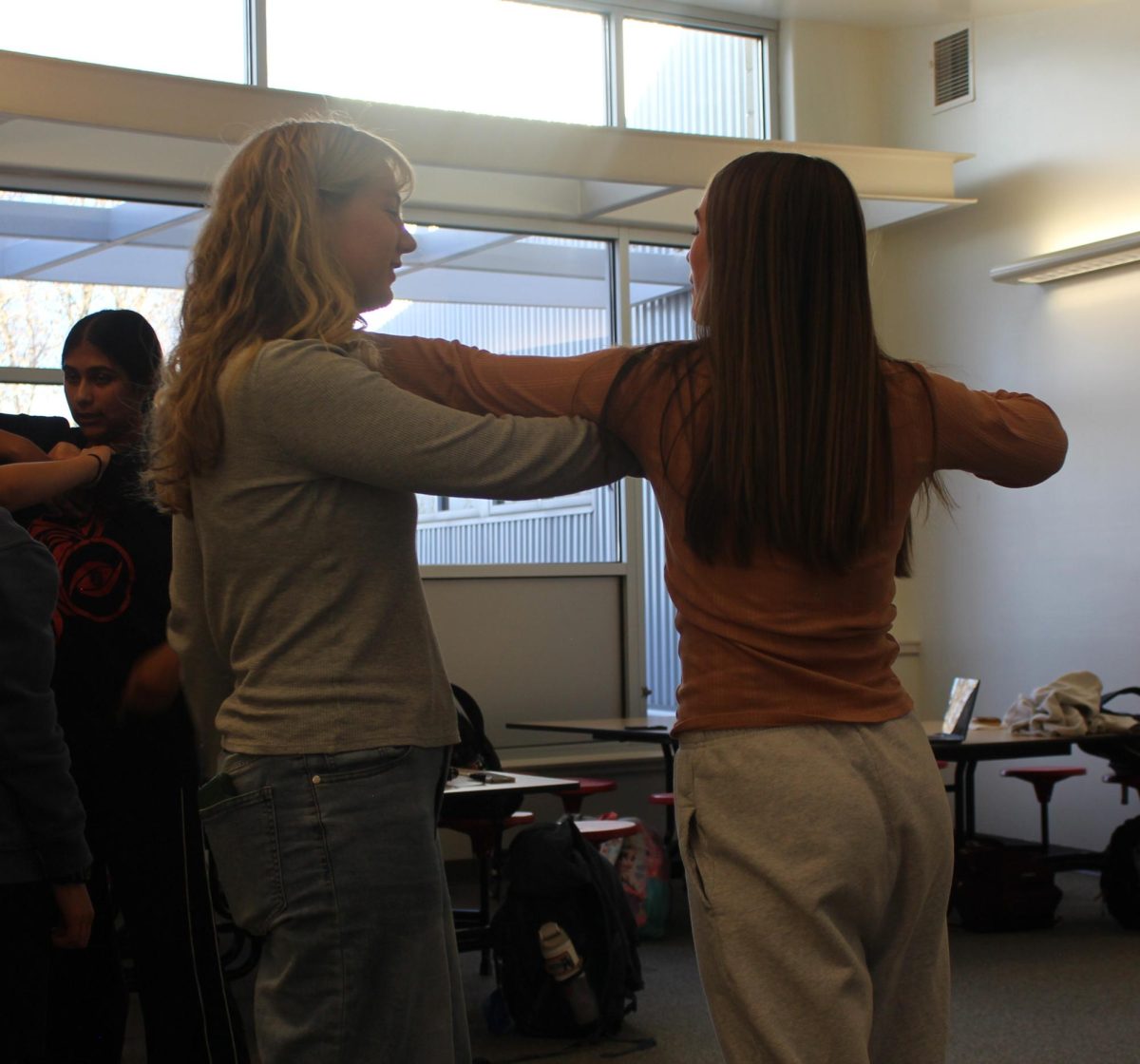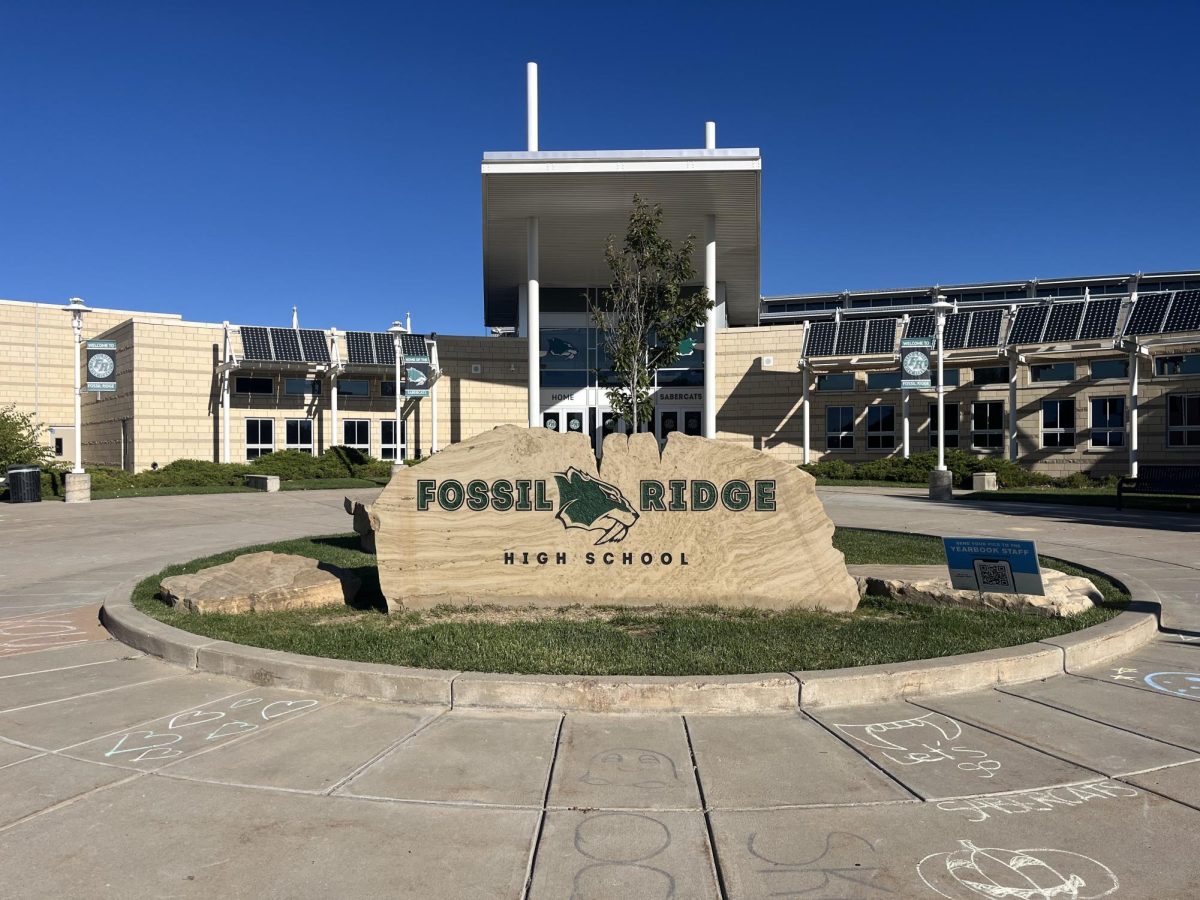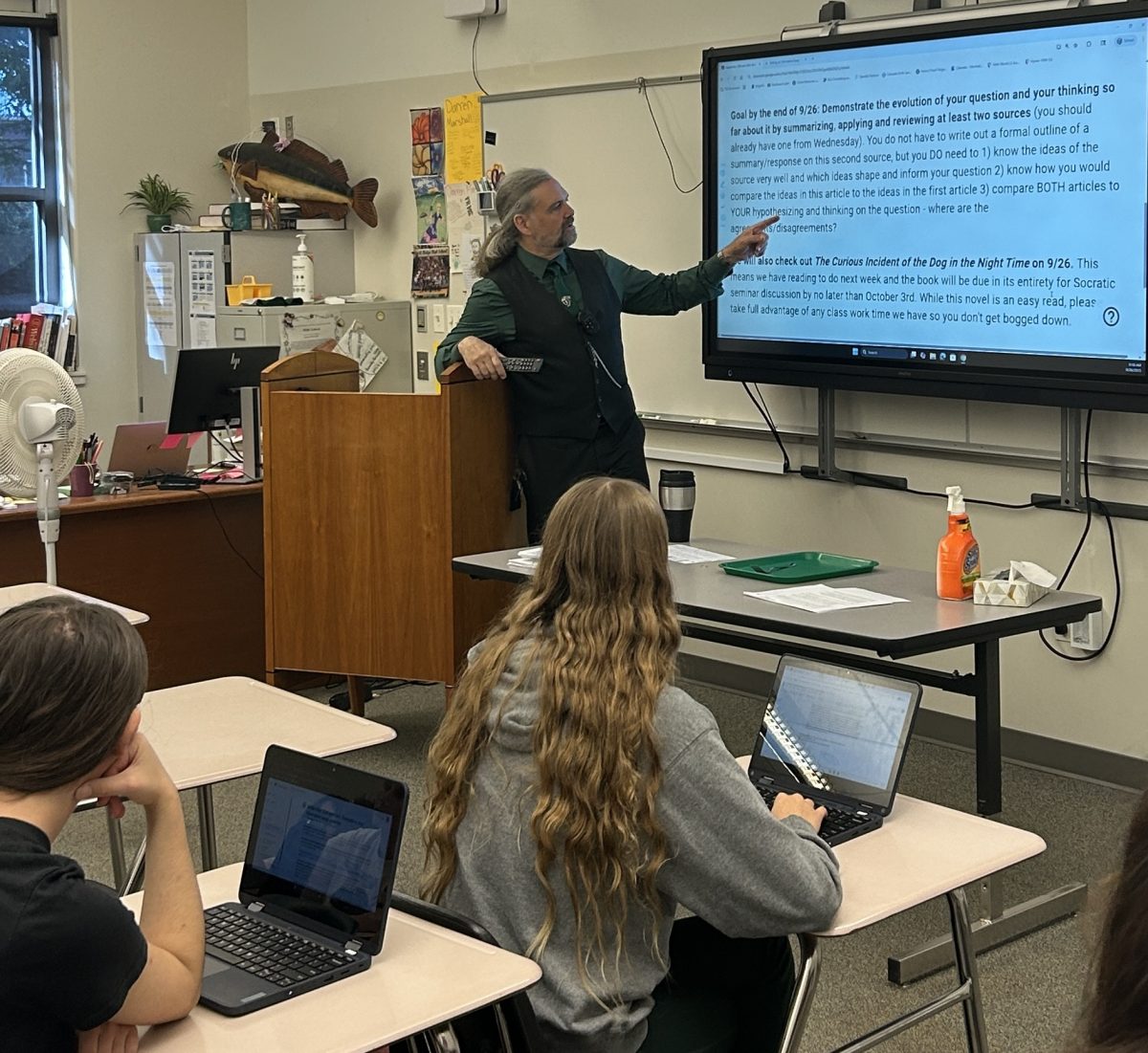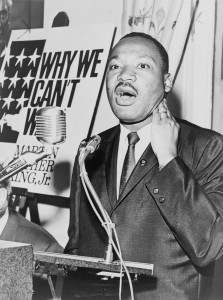
Photo Credit: Wikimedia
“Our lives begin to end the day we become silent about things that matter.”
-Martin Luther King Jr.
A man who rose from the humblest of circumstances, rising to fame by his leadership abilities and his dissatisfaction for the way he and his people were being labeled and treated. A man who inspired thousands of American citizens to take a stand, to not be compliant with how they are treated, but to rise up and start a social revolution. Martin Luther King Jr. (MLK) wasn’t just an Alabaman minister and he wasn’t just one of the leaders of the most influential and prominent Civil Rights movements. No, he was and has become leaps and bounds more than that.
King gave hope, not only to the oppressed and victimized African Americans across the United States, but he inspired thousands of other minority groups to find their voice and lead a movement to abolish the segregation and discrimination occurring in the United States. Greater still, he made the change happen not only within his community in Alabama, but on a national scale. He accomplished something that no one had been able to make possible before; he caught the attention of the majority Caucasian public, and forced them to make a change.
But what made King different? What made people listen to him? He was a confident, educated African American man, who, at the time, was given an opportunity to either cower away or let the flame of resistance die, or stand up and be a beacon of hope and encouragement. He chose the latter and with the help and coordination of the National Association for the Advancement of Colored People (NAACP), he effectively petitioned
His mission to help achieve freedom for his people was sparked by the famous Montgomery Bus Boycott. This boycott began when Rosa Parks, an African-American seamstress, was riding home on the bus and a white man asked her to give up her seat for him, when she refused and therefore was arrested. An infuriated, frustrated black community responded with completely boycotting the bus system in Montgomery, King, along with other prominent members of the black community in Alabama, led the boycott and suffered the hardships and the costs which would besiege them for the next ten years. Prior to this boycott, the black communities of Alabama had become comfortable with their situation, and were influenced by fear from white domination. This boycott revolutionized their communities and instead of being passive, they rose up to fight this battle, which these men in Montgomery, Alabama, were encouraging them to join.
With the success of the Montgomery Boycott, King and 60 other ministers from the Montgomery area founded the Southern Christian Leadership Conference, which sought to fight the civil rights battle in non-violent protests, rallies and marches.
On August 28, 1963, King led his infamous march on Washington where 20,000 people marched with him in the shadow of the Lincoln Memorial. It was during this historic march for peaceful negotiations that King gave his “I have a dream” speech.
The rising agitation that the civil rights movement evoked caused many people who were not experiencing racial tensions to question the Jim Crow laws and other discriminatory laws. With the backing of these newly enraged members of the American public, the Civil Rights Act was passed in 1964, making the government desegregate public places. With the success of the peaceful Civil Rights movement, King was awarded the Nobel Peace Prize in 1964.
Four years later, the movement was still moving to abolish discrimination and fight prejudices faced by the American public. King was still as active a member of the movement as he could be, but on April 4, 1968, King was assassinated while standing on a balcony in a hotel he was staying in.
Even though his life may have been cut short, King had so revolutionized American society and had truly helped relieve tensions between ethnic groups living in close proximity of each other. He wasn’t a perfect man, but he was the perfect man to bring his people from subjugation because of his determination and ability to lead people in a nonviolent protest against a pressing political issue.
King may have died but his legacy continues on. His life was not lost in vain; the movement continued to fight for equality for blacks and other minority groups. His dream of all races becoming brothers became a reality.


